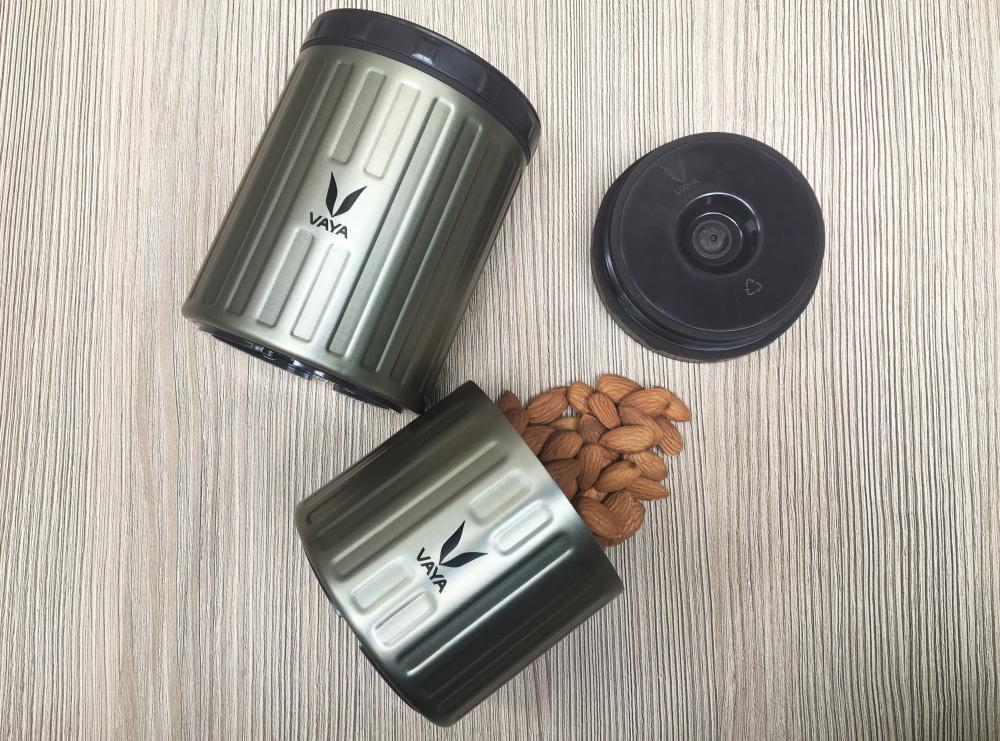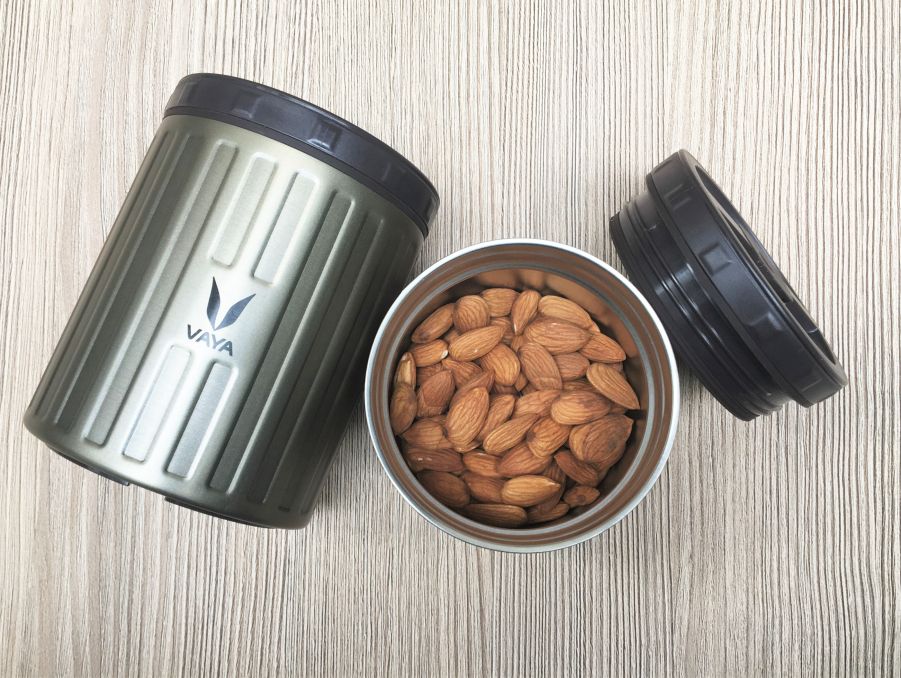How to Store Dry Fruits at Home: If you are health-conscious, you will know that fruits are among the most important components of a healthy diet. However, not everyone considers adding them to their daily diet. It is essential to add them as they are rich in micronutrients and other essentials vital for our body.

In cases where it is not always possible to get fresh fruits every day, or no time for a dedicated fruit-eating, you can always choose to dry them at home and store them.
Whether you are buying dry fruits like almonds, cashews, walnuts from the market or preparing dried fruits like cranberries, apples, etc., at home, you need to know the right way to store them.
In this article, we will talk about how to store dry fruits so that they stay for long.
Doing this will help you, and you won’t have to worry about getting fresh fruits near you all the time; and you can use dried fruits in a variety of dishes, and you can have flavor and nutrition.
When you prepare dry fruit, you dry up the water in them. This makes the fruits concentrated in nutrients and calories. With the resultant product being rich in calories, it is suggested that you eat them in small portions. Buying dry fruits from the market is quite common, but we suggest that you prepare these at your home.
Table of Contents
How to Store Dry Fruits at Home
Let take a look at these methods on how to store dry fruits:
Sun Dry
Sun-drying any item for longer shelf life is an age-old tradition. A regular sun kiss to your dry fruits helps you keep them fresh for a long.
Food Storage Containers
Ensure you store the dry fruits in an airtight container. The amount of moisture content of home-dried food is quite important. Make sure it is about 20%.
When you use a food dehydrator, the moisture that remains is not always distributed equally on the fruit because fruits are of various sizes and shapes and might be placed on odd sides of the dehydrator. Equalize the moisture on the fruits. By doing this, you get rid of possible mold growth. After this, you can store them in plastic bags or food storage containers. After conditioning, make sure the dried fruits are cooled down, store the fruits in a food storage container, or you can go for mason jars. I have stored my almonds in this insulated food storage container, which is sturdy and airtight.

Make sure to seal the containers tightly and let them sit for 7-10 days. Make sure to keep shaking the containers from time to time, ensuring the pieces of fruit stays separate from each other.
Vacuum Sealing
One of the best-packaging of dry fruits is vacuum sealing. This is a way to ensure that air is left inside the packaging and there is no chance of forming molds. Vacuum sealers are quite accessible and widely available in the market.
Freeze
If you have opened a dried fruit packet and sealing it again is out of the question. Just store them in the freezer. However, make sure the temperature doesn’t go below 41 degrees °F and is stable.
Dry roast
In case you are storing nuts, what you can do to increase their shelf life is to toast them in the oven before storing them. It works like a charm. Make sure to store them in a cool and dry place afterward.
Tips for storing dry fruits
While packaging, something you can do uniquely is to pack them in batches. This will help the fruits maintain their freshness while reducing the risk of contamination. If you store a lot in the container, you will have to keep opening it many times, giving them chances for contamination.
- Always choose a dry and cool place. Make sure direct sunlight doesn’t see the place.
- Label the jars and date them so that you know older jars to be used before earlier than the new ones.
- If you have sulfured dry fruits, make sure you place them in plastic bags first and then place them in containers, especially metal jars.
- Don’t start packing them until they are completely cool after drying on the dehydrator.
- Make sure to buy tight food storing containers only.
- The room temperature is important, so if you can store them in a basement, it’s perfect. Go for it. To make the dry fruits stay at a consistent room temperature, you can choose an insulated food jar.
How long do stored dry fruits last?
It all depends on the type of fruits but doesn’t differ widely. The average period of dry fruits last is 4-12 months. For example, blueberries, plums, dried cherries, cranberries, raisins, apricots, mangoes can be stored for 6-12 months while dates, banana chips, figs can be stored for 2-12 months.
It is not recommended that you eat your fruits after they are gone bad or expired. It can cause various health risks, and hence you must practice food safety.
For various reasons, sometimes, your dried fruits can get expired or go bad before their time. To know if they have gone bad, you don’t need a special testing technique if you see your fruits getting discolored or become hardened, flavorless, especially if they smell bad or rotten.
Bottom line
Drying and storing the fruits at your home is certainly not a hard practice to follow. But a few things you need to keep in mind are:
- No Moisture: It is important for the quality and the shelf life of the fruit
- No Oxygen: No oxygen should be in contact with the items
- Temperature: Not hot temperature, only room temperature
When you follow these simple rules, you’ll be able to store dry fruits effectively so that they last longer and stay fresh.